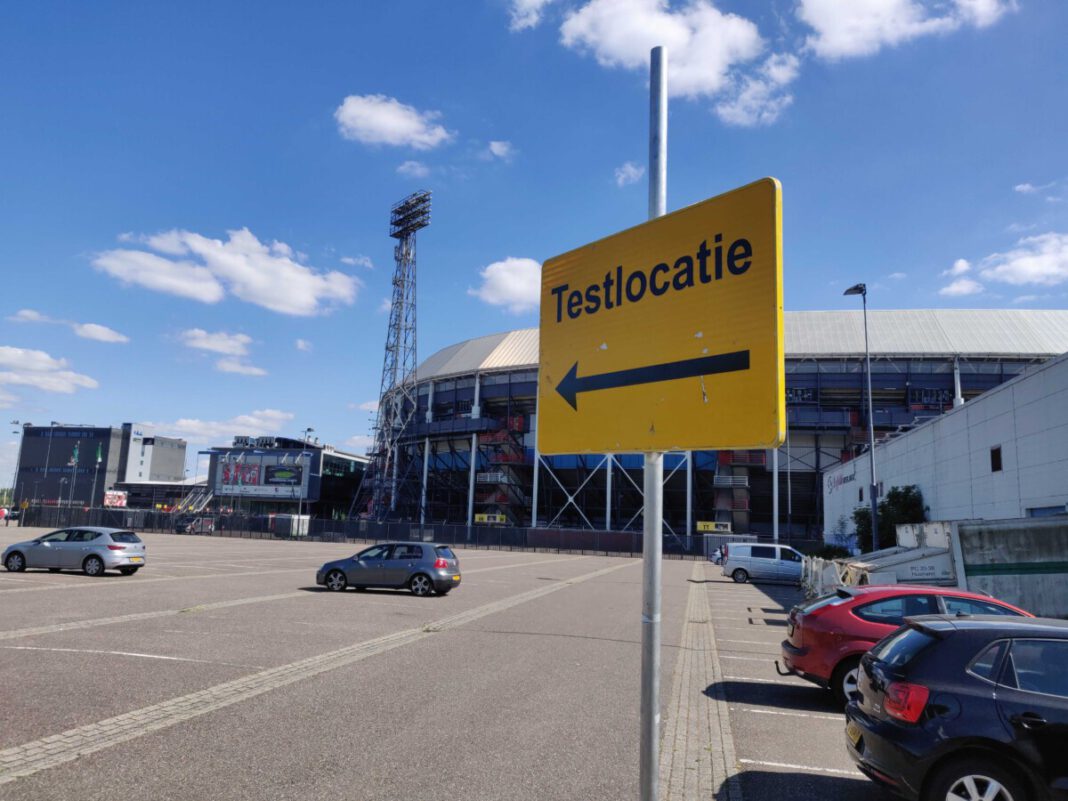After weeks of potentially sick people being rejected from coronavirus testing, the Netherlands will finally begin widespread testing from June 1.
Starting from next Monday, everyone with mild complaints will be able to get a test. Anyone will be able to call a specialized phone line and make an appointment with the GGD, with the goal being to get tested within 24 hours. And, we’ll all be happy to know that testing will be completely free.
80 locations for testing
Throughout the Netherlands, there will be 80 different locations where people will be able to get a test. The government has a plan to create even more testing sites if the demand is high.
Those who are tested should get the results back within 48 hours and if you test positive, the GGD will then start contact and source research.
What is contact and source research?Essentially, the GGD will be looking into who an infected person was in contact with in the last 24 hours. There are three different groups of people that get contacted by the GGD if someone tests positive:
|
New testing capacity
In recent weeks, there was an average of 4000 tests conducted daily, with around 5% of people testing positive. The number of tests will increase greatly in the near future.
Testing laboratories can already conduct 17,500 tests per day. At the start of June, that capacity will increase to around 30,000 daily tests. The GGD expects to see around 2% of people testing positive or around 600 people per day.
Vanaf 1 juni kan iedereen met klachten zich laten testen. Zo zien we snel waar het virus weer oplaait en kunnen we het direct de kop indrukken. Voor iedereen met klachten zoals hoesten, verkoudheid of koorts geldt daarom: ‘Blijf thuis, en laat je testen.'👉🏻https://t.co/xIw7o58ysp pic.twitter.com/Fk5ePZZebN
— Hugo de Jonge (@hugodejonge) May 27, 2020
Initial problems with testing to be expected
Dutch Health Minister, Hugo De Jonge, confirms that there will be initial start-up problems, given the complicated logistics involved. Nevertheless, he is confident in the GGD’s ability to expand its testing capacity.
Director of Public Health, Sjaak de Gouw of GGD (Municipal Health Service) has also warned that there will be initial setbacks and that the task at hand is complex. He said that “it may take longer to make an appointment and get tested in the beginning. But we make sure that anyone with complaints related to the coronavirus is helped as quickly as possible.”
Are you looking forward to being able to be tested if necessary? Let us know in the comments!
Feature Image: Abuzer Van Leuuwen/Supplied



